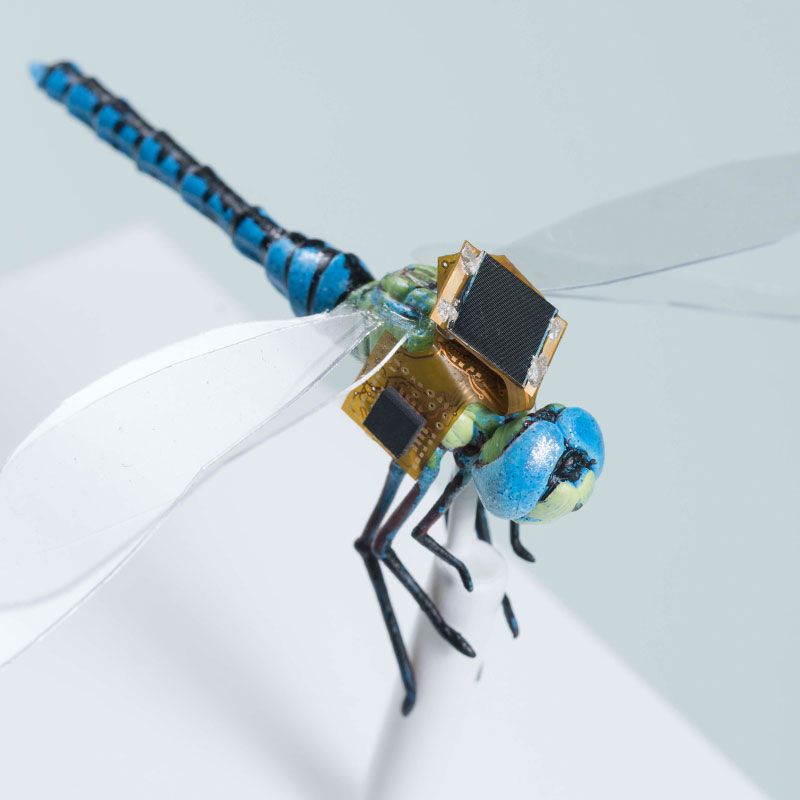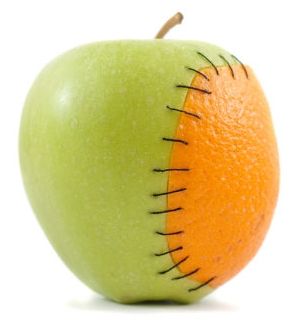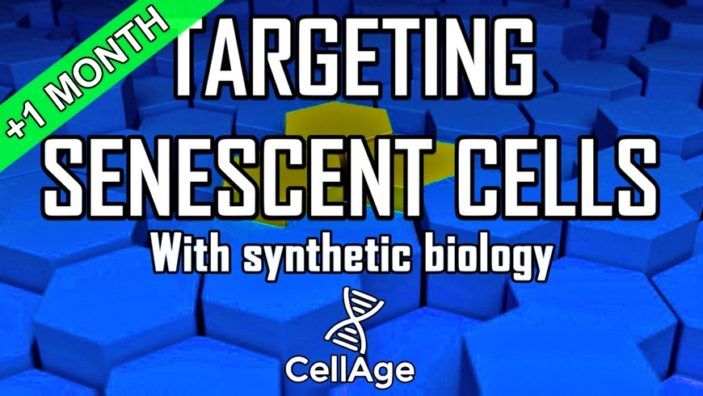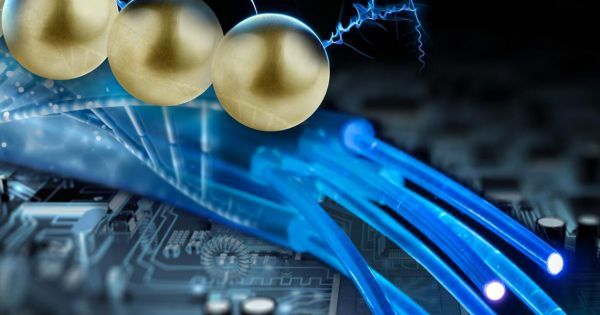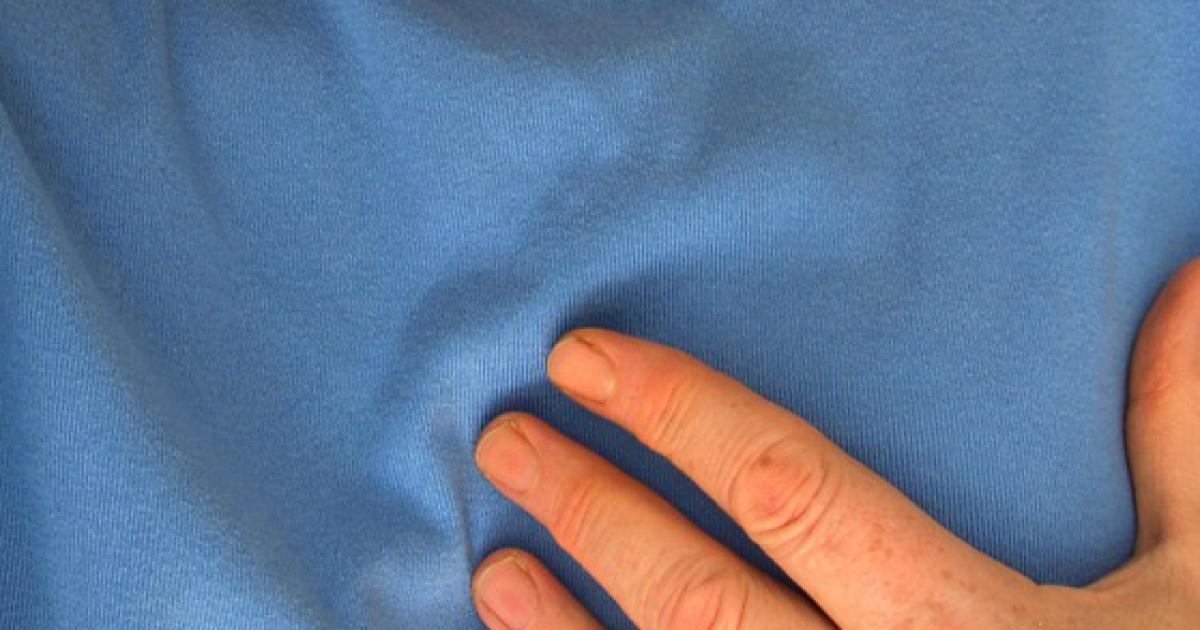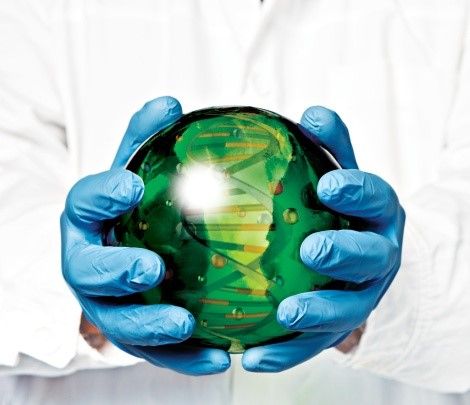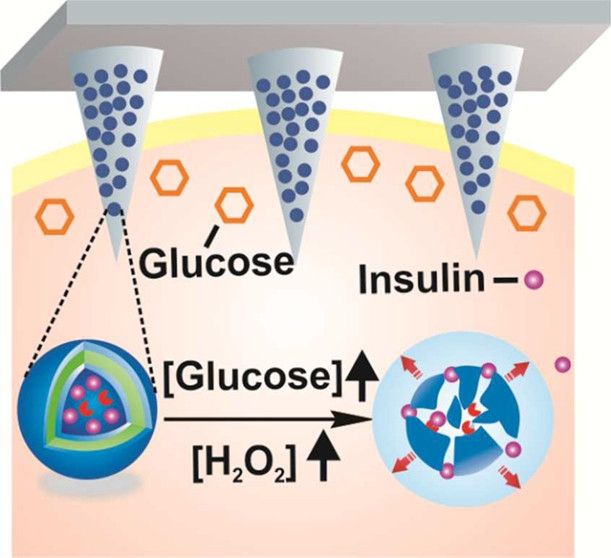Jan 19, 2017
Equipping Insects for Special Service
Posted by Klaus Baldauf in categories: bioengineering, biotech/medical, drones
Draper combines navigation and neuromodulation to guide insects
CAMBRIDGE, MA – The smallest aerial drones mimic insects in many ways, but none can match the efficiency and maneuverability of the dragonfly. Now, engineers at Draper are creating a new kind of hybrid drone by combining miniaturized navigation, synthetic biology and neurotechnology to guide dragonfly insects. The system looks like a backpack for a dragonfly.
DragonflEye, an internal research and development project at Draper, is already showing promise as a way to guide the flightpath of dragonflies. Potential applications of the technologies underpinning DragonflEye include guided pollination, payload delivery, reconnaissance and even precision medicine and diagnostics.
